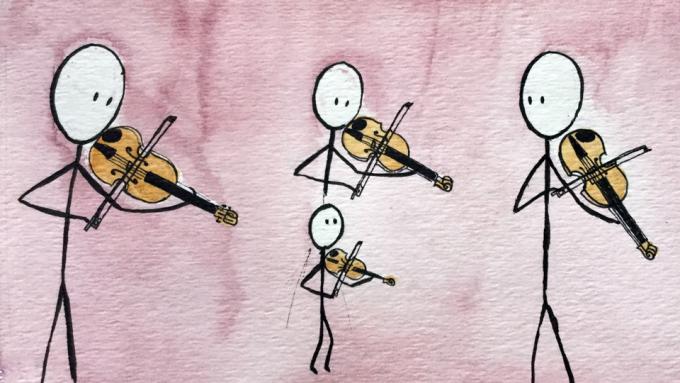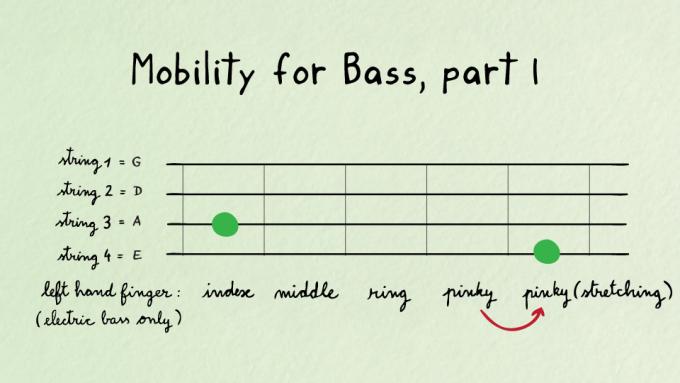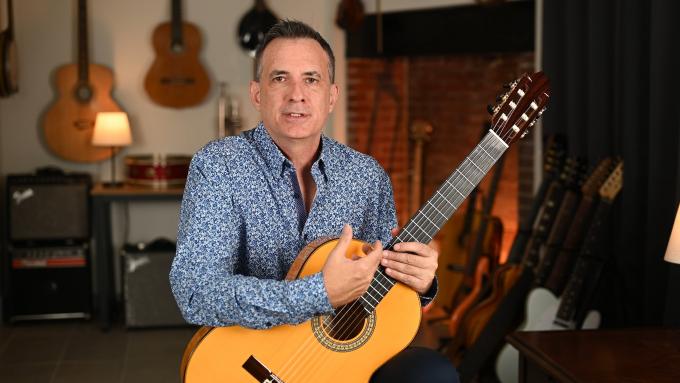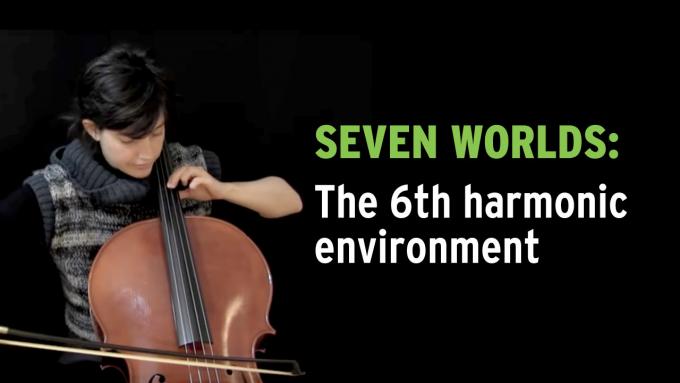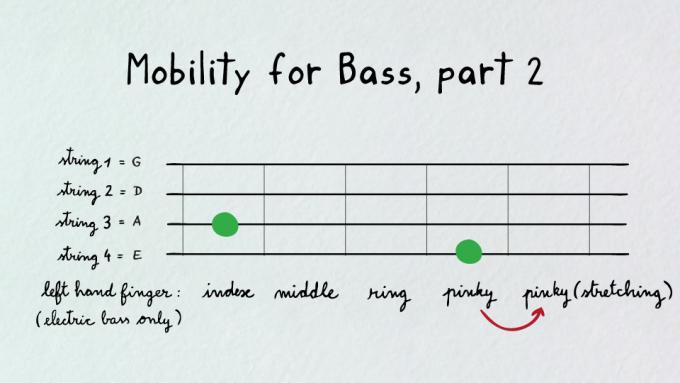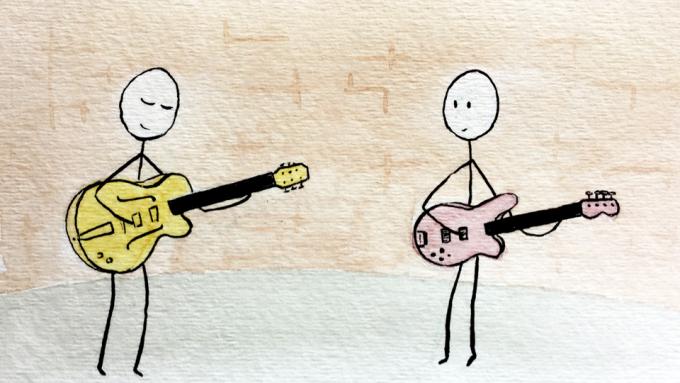As the years go by, sooner or later you ask yourself, “If at my age I still haven't composed a masterpiece, then am I mediocre? Is it worth continuing in music?”
In this lesson, we learn to apply the IFR Cloud concept in a slightly more abstract way that allows us to move freely all over the fretboard by half steps.
In this free lesson from "Seven Worlds Guitar", you will learn the first step to developing complete freedom of movement on the fretboard.
In this free sample lesson from Seven Worlds for Piano, we begin our creative exploration of the first harmonic environment of the major scale. This is how the notes of the major scale sound to our ear when note 1 is acting as the tonal center.
For IFR students practicing Exercise 2: Melody, this is a demonstration of Seven Worlds on the cello. Leticia Aparicio builds the 6th harmonic environment note by note, visualizing each step along the way using the IFR Tonal Map.
In this lesson, I show you how just a small alteration to the Mobility technique allows you to move all over the neck of your bass by whole steps. Once you've mastered both half steps and whole steps, you're ready to jump into IFR Exercise 2: Melody.
In this free sample lesson from "Seven Worlds for Guitar", you will learn to move freely all over the neck of your guitar by half steps.
I play in a blues band and quite often I need to compose bass riffs spontaneously to support the guitarist. How can I get better at doing this?
In this lesson I illustrate what chord melody technique is and how it will enrich both your soloing and your accompanying.
I'm confused about how to understand chord shapes in relation to the major scale. For example, the 3 chord would be notes 3, 5, 7, 2. In learning to see this as a minor chord shape, should I be able to think of this as 3, 5, 7, 2 and 1, b3, 5, b7 at the same time?
